Futures’ Neuro Suite offers a safe, caring, and calm environment where patients can improve their self-regulation skills. Our suite gives patients access to a wide array of assessments and evidence-based treatments and helps them learn to develop the overall health, wellness, and resilience to support lasting recovery. Neuropsychology assesses brain function to identify needs and inform care. Neuropsychological testing can assess intellectual functioning, memory function, attention, concentration, and executive function. Available neuroimaging, such as EEGs and brain maps, may also be evaluated as part of neuropsychological testing.
The benefits of a detailed neuropsychological evaluation in the treatment of substance use, pain, trauma, and mental health conditions cannot be overstated. The findings from this testing can identify problems in brain functioning that might be otherwise elusive in the course of standard evaluation and treatment. Neurofeedback, electro-stimulation, heart rate variability, and other techniques provide patients with science-based ways to to begin their healing journey. Read more about our Neuro Suite offerings below:
NEUROFEEDBACK (NFB)
Neurofeedback is a general term for brain-based (EEG) biofeedback that teaches self-regulation of brain function. This type of training helps relieve the symptoms of many conditions including:
• Addiction Recovery
• Sleep Disorders
• Anxiety and Depression
• PTSD
• Disruptive Behavior Disorders
• Bipolar Disorder
• ADHD/ADD
• Peak Performance
• Migraines
• Concussions and Traumatic Brain Injury
• Seizures
ELECTRO-STIMULATION (CES)
Cranial electrotherapy stimulation (CES) is a U.S. Food and Drug Administration (FDA)-approved treatment for insomnia, depression, and anxiety consisting of pulsed, low-intensity current applied to the earlobes or scalp.
This approach encourages the return of activity to the body’s muscles and nerves. Artificial contractions help to maintain circulation and tissue condition. Electro-stimulation can also assist in the treatment of numerous acute and chronic pain conditions.
HEART RATE VARIABILITY (HRV)
Heart rate variability (HRV) is a form of biofeedback that measures the variation in time between each heartbeat. Sensors detect the variations in heart rate and present displays on a monitor.
Patients learn to relax and develop consistent breathing patterns. HRV can help:
• Addiction Recovery
• Anxiety
• ADD/ADHD
• Headache – Adult
• Hypertension
• Temporomandibular Disorders
• Stress
• Chronic Pain
• Insomnia
• Brain Injury
SAFE AND SOUND PROTOCOL (SSP)
The SSP is a five-hour intervention designed to reduce stress and auditory sensitivity while enhancing social engagement and resilience. By calming the physiological and emotional state, the door is opened for improved communication and more successful therapy. The SSP is a research-based therapy showing significant results in just five days in the following areas:
• Social and emotional difficulties
• Auditory sensitivities
• Anxiety and trauma related challenges
• Inattention
• Stressors that impact social engagement
• Difficulties in regulating physiological and emotional state
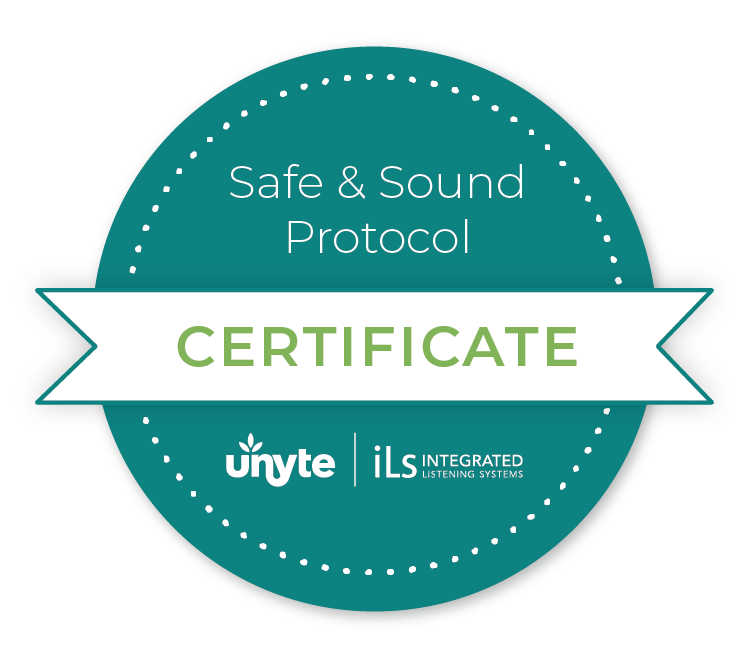
INTERACTIVE MEDITATION
Interactive Meditation is unlike any other relaxation or stress-management program. Built with real-time biofeedback, Interactive Meditation’s self-regulation program is a guide to help patients find a healthy coping lifestyle. Interactive Meditation teaches specific breathing, mindfulness, and relaxation techniques proven to increase HRV.
What makes Interactive Meditation so effective is the unique combination of an iom2 device and interactive programs, called Journeys. Together, patients are guided through step-by-step relaxation training in interactive environments, providing real-time feedback for evaluation and care plans.
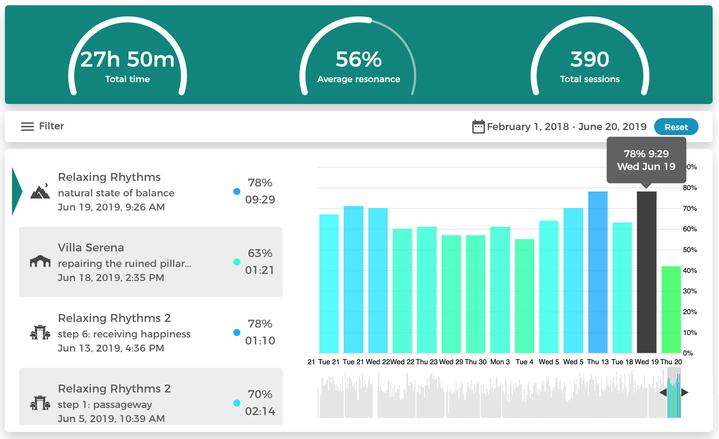


The Team
Through customized counseling sessions, our team will journey with patients as they work through their conditions.
Learn about some of our professionals’ areas of expertise, certification, and unique skill set below.
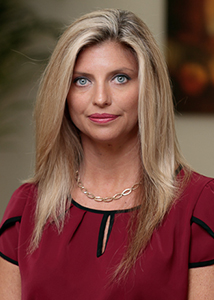
Tammy Malloy, PhD, LCSW
Executive Director
Dr. Tammy Malloy received her PhD in Social Work, from Barry University, and is a Licensed Clinical Social Worker as well as a Certified Sex Addiction Therapist. Dr. Malloy has facilitated research for over ten year and has published in academic journals on Addiction, Depression and Spirituality as well as clinical personality pathology and syndromes. Dr. Malloy’s most recent research is in the area of internet pornography use among young adult women. Dr. Malloy has worked in the field of behavioral health for over fifteen years and has a passion for implementing systems that assist in providing safety and quality patient care. Having worked as a clinician, Research Director and Chief Clinical Officer in the field of addiction, Dr. Malloy brings a wealth of knowledge in trauma informed care, family systems, and high-risk behaviors that encompass all addictive behaviors. Dr. Malloy has spoken at conferences both Nationally and Internationally on substance use disorders, co-occurring mental health disorders, and high-risk sexual behaviors among adolescents and adults. Dr. Malloy’s transformational leadership approach compliments her passion for teaching others while empowering staff and patients to take ownership of improving their overall quality of life.
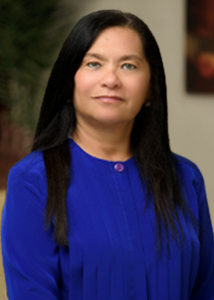
Gloria Dunkin, MD
Medical Director
Dr. Dunkin received her MD from the University of Iowa and completed her General Psychiatry Residency and her Fellowship in Addiction Psychiatry at the University of Miami, Jackson Memorial Hospital. When asked what inspired her to specialize in this field of medicine Dr. Dunkin responded, “The decision to make addiction psychiatry the central focus of my career was based on my observation that patients with this affliction often demonstrate vast improvement in a relatively short period of time when expert treatment is combined with their desire to change. The greatest satisfaction I have ever experienced is that of seeing my patients return for anniversary ceremonies celebrating their years of sober living. It is a testimony to the triumph of the human spirit over adversity and a reminder to me of the way in which the sound application of psychiatric principles can change lives for the better.” Dr. Dunkin has more than 15 years of experience in the addiction treatment field and has held the position of Medical Director at two prior prestigious institutions. She is currently a member in good standing with the Florida Psychiatric Society, the American Medical Association, the American Academy of Addiction Psychiatry and the American Society of Addiction Medicine.
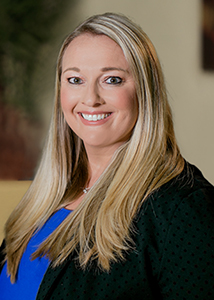
Angela Bustamante, MS, LMHC
Clinical Director
Angela Bustamante serves as the Clinical Director of Futures Recovery Healthcare. Her ability to lead with compassion and treat patients with the best clinical care and standards has allowed her to serve in several leadership roles. Taking psychology classes during high school led her to an early vision, desire, and drive to want to help others that so badly that had a difficult time helping themselves.
She attended John Carroll University, where she graduated with her Bachelors in Science with focus on Psychology and Sociology. From there, she attended Palm Beach Atlantic University and received a Master’s degree in Mental Health Counseling. She currently holds a License in Mental Health Counseling and is also a Qualified Supervisor.
Angela’s career has spanned organizational type, demographics and diversity of clinical pathways – non-profit, for-profit, children, teens, adults, mental health and substance use disorders. She also has experience and excelled in responsibilities as a clinician, Clinical Director, and Executive Director.
Her passion is structuring programs and administering Dialectical Behavior Therapy or additional evidenced-based approaches. Angela always feels the most rewarding position is one in which she can effectively balance providing direct client care with the leadership responsibility of to train other clinicians with principles of clinical excellence.
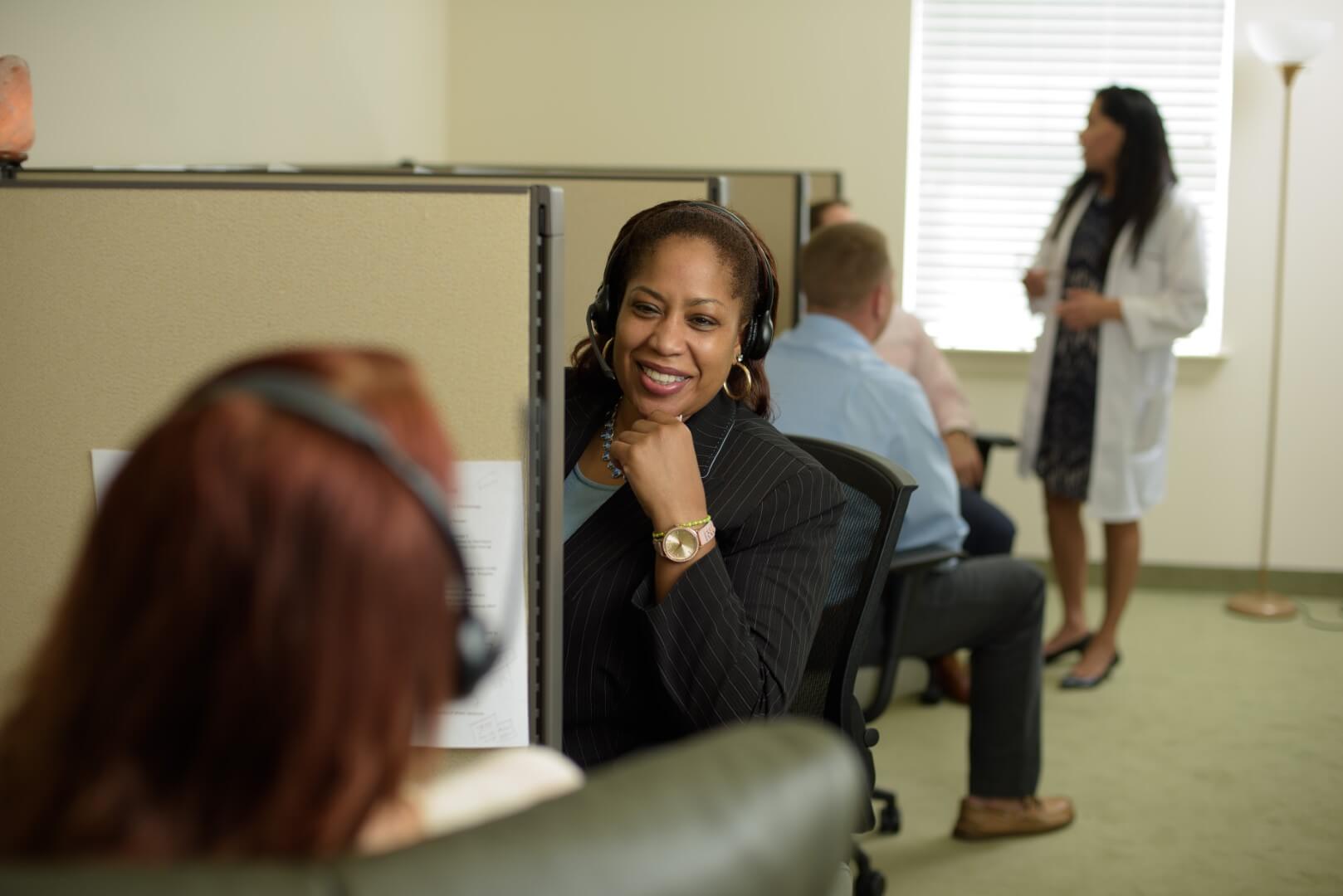
Request Your Consultation
Prospective and qualifying patients can schedule a consultation to find their appropriate level of care. Our collaborative care approach means we work closely with qualified physicians and healthcare providers to ensure patients receive the best treatment.
Request a video consultation:
Schedule a video consultation session
Call to schedule a consultation:
Schedule a consultation by phone
Email to request a consultation:
Schedule a consultation through email

Free Resources



